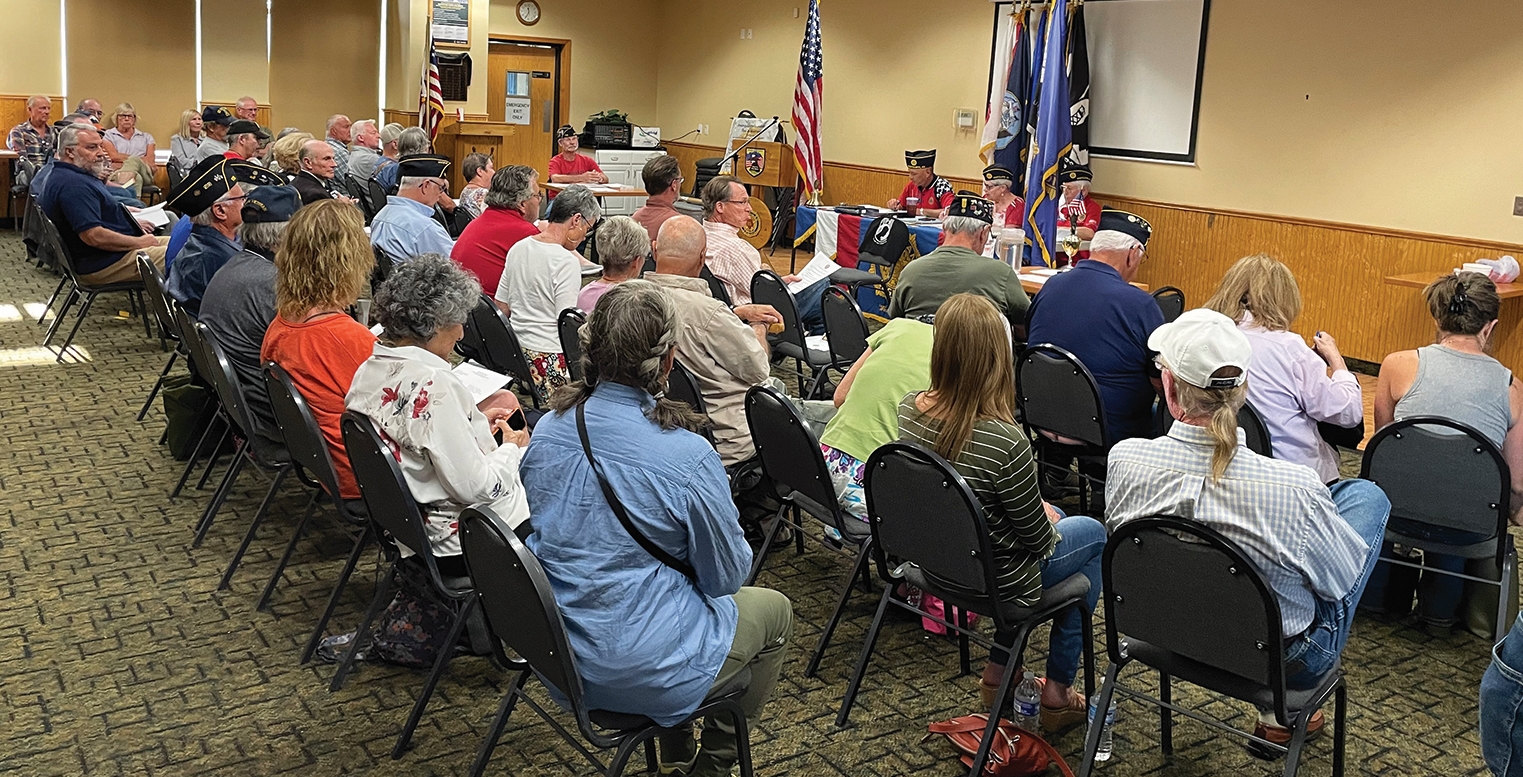The problem with Aristotle’s politics – The tragic realism of John Gray – Churchhill’s method of Keep Buggering On – Jane Jacobs’s two-part observation on the foundations of civilization
– Editorial by Tribune Publisher Jordan Hedberg
What is politics? For whatever reason, we humans tend to forget to ask the questions that come naturally to a ten-year-old. Again and again, we refrain from examining the basics of our understanding and let things get a little out of control. Politics is one of those areas of life that many of us try to avoid as much as possible, shirking the topic as it seems to be tainted with something dirty, infected, and loathsome. Of course, there are also those few who make politics their entire persona, a buzzing conduit of political ideals that assault all conversations and interactions where they are not wanted. However you view politics, it is one of those inescapable facts of the human condition.
Unfortunately, the conversation about politics got off to a horrible intellectual start 2,400 years ago with the ancient Greek philosopher Aristotle, who had this annoying habit of trying to fit everything into universal and ideal forms while ignoring what happened in reality. He famously wrote, “Hence it is evident that the state is a creation of nature, and that man is by nature a political animal.” It did not occur to great thinkers that there might have been a time in human history when there was no state and that politics was not just a product of nature. Regardless, from that point on, there has been this belief in Western culture that politics needs to be squeezed into the ideal forms that nature created, and if these perfect forms of politics can be achieved, then the state will function properly.

The focus on ideal forms is still a mainstay of politics, even in a place as small as Custer County. Candidates rarely run on any actual issues and instead use personal credentials and national talking points. “Freedom, Country, Faith, Family” has been used in almost every local political election here with the mandatory American flag in the background. These ideals are undoubtedly admirable in themselves, but belief in these ideals is not going to be much use when setting the budget, hiring personnel, and dealing with an aging community and an even more ancient infrastructure.
This is the main point: politics is not about ideals; it is about dealing with the problems that face a community, city, state, or nation. The historian of ideas, John Gray, says that politics is about dealing with the random contingencies that the world throws at us. Gray pushes further that the problems that most people face are not solvable with solutions that are perfect for every individual. This tragic realism is often entirely left out of political discussions, even though the historical evidence is that there is no silver bullet solution to any of the troubles our society faces.
Many subconsciously recognize that there is no perfection on this side of eternity in politics, and they become political nihilists, pretending they can live with no political interests. The British World War II leader Winston Churchill knew he was dealing with tragic consequences throughout his entire political career, but instead of falling into nihilistic despair, he would repeat his quintessential British phrase, “Keep Buggering On (KBO).”
If politics stems from groups of people having to collectively deal with problems that come from living in reality, then there must be a certain scale where problems grow larger than what individuals or small groups of people can handle on their own. The writer Jane Jacobs neatly theorized that civilization was built on two distinct ethical systems: the “commercial system” and the “guardian system.” Both ethical systems had distinct values that might seem opposed to each other on the surface, but in reality, each needed each other, and neither could survive long if one system overwhelmed the other. She wrote, “ Like the other animals, we find and pick up what we can use and appropriate territories. But unlike the other animals, we also trade and produce for trade. Because we possess these two radically different ways of dealing with our needs, we also have two radically different systems of morals and values – both systems valid and necessary.”

Most of our daily problems and needs are handled through commerce with others. Shelter, food, heat, power, and transportation are handled through trade. The commercial system needs specific values to function correctly like shunning force, competing on price and quality, efficiency, voluntary agreements, industriousness, and honesty. When buying coffee at the local Peregrine Coffee Roasters, all of the values of the commercial system are in place. This undirected coordination of the commercial “invisible hand” that so enamored Adam Smith is indeed magical when one stops to think about it. However, it would be naïve to pretend that the commercial system is all that was needed for a “viable working life,” as Jacobs put it.
What is to be done when raiders capture merchants on a trade route and steal all of their goods? How should frauds who sell defective goods to an honest buyer be handled? The individual or a small group of people are going to be hard-pressed to deal with bandits on their own. And the ideal of shunning force will make their position even weaker to an enemy that is happy to use force to deal with problems.
The guardian system evolved to deal with the issues that the commercial system cannot easily handle on its own. Jacobs used the historical example of how the English navy was originally formed in medieval England. So many pirates were raiding the English merchants that the merchants banded together and built a fleet of fighting ships, which they handed over to the English Crown. Why hand over fighting ships the merchants owned to the crown? Because it would be too tempting for the more powerful merchants to use their newfound power to forcibly take market share from other merchants, which in itself is piracy and would negate the entire reason to build the fleet to protect from pirates in the first place. By having a state power working under the guardian system take control of the fleet to defeat piracy, the commercial system can continue to operate without fear of devolving into banditry itself.
The guardian syndrome has values that are different from the commercial system. For example, it shuns trading, demands loyalty, requires obedience and discipline, adheres to tradition, respects hierarchy, shows fortitude, and as Churchill showed with KBO, is fatalistic.

Politics is the discussion of how to solve problems within the guardian system. It has a needed role to play in our society that has nothing to do with metaphysical ideal forms derived from an ancient Greek thinker. Our society has decided that the government is the guardian system and that the government is tasked with enabling and refereeing the commercial system.
Through this lens, let’s look at the government in Custer County. We expect the trade routes to remain open and accessible by all (roads). We expect that those who engage in fraud, steal, or harm others are punished (courts, police, national defense). We demand that the basics to engage in commerce are available to all (access to water, power, and real estate). Lastly, the government maintains these guardian institutions for the future.
Structural problems arise, according to Jacobs, when the values of one system are imposed on the other system where they don’t belong. I would add that problems also arise when citizens take political views such as “it is us versus them,” which creates incentives to capture the power of the state to punish “them.”
Politics is a system where groups try to solve a particular set of problems of the guardian system. Yet, in the modern era, we tend to try to use politics to solve every problem using the guardian system, even if that is not the appropriate use of that system. The paradox with trying to solve every problem using the government is that it tends not to solve any problems.
– Jordan Hedberg


